Remembering D-Day
Remembering D-Day
“Only take care, and keep your soul diligently, lest you forget the things that your eyes have seen, and lest they depart from your heart all the days of your life. Make them known to your children and your children’s children. . .” —Deuteronomy 4:9
![]() oday we remember the immeasurable sacrifices of the men who fought, and the unparalleled scale of the armies that clashed, eighty years ago today on the beaches of Normandy, France.
oday we remember the immeasurable sacrifices of the men who fought, and the unparalleled scale of the armies that clashed, eighty years ago today on the beaches of Normandy, France.
D-Day, June 6, 1944, remains a byword for the bravery and tenacity that exemplified the allied war effort of World War Two. Today began the day Europe was reclaimed for liberty with nearly 160,000 Allied troops taking part, by land, by sea and by the air. By nightfall on D-Day, Allied assault troops across Normandy had suffered over 10,300 casualties—killed, wounded, and missing—of which approximately 2,400 were on Omaha Beach.
The time to thank the heroic survivors of this unparalleled effort is slipping away; the youngest of troops on that day are now a revered 98 years of age -seize the opportunity while you can. The time to remember them is from this day to the ending of the world.

Below is the movingly written order from supreme allied commander General Dwight D. Eisenhower, issued in encouragement to his men and distributed to over 175,000 members of the expeditionary force on the eve of the invasion.
“Soldiers, Sailors, and Airmen of the Allied Expeditionary Force!
You are about to embark upon the Great Crusade, toward which we have striven these many months. The eyes of the world are upon you. The hope and prayers of liberty-loving people everywhere march with you. In company with our brave Allies and brothers-in-arms on other Fronts, you will bring about the destruction of the German war machine, the elimination of Nazi tyranny over the oppressed peoples of Europe, and security for ourselves in a free world. Your task will not be an easy one. Your enemy is well trained, well equipped and battle-hardened. He will fight savagely.
But this is the year 1944! Much has happened since the Nazi triumphs of 1940-41. The United Nations have inflicted upon the Germans great defeats, in open battle, man-to-man. Our air offensive has seriously reduced their strength in the air and their capacity to wage war on the ground. Our Home Fronts have given us an overwhelming superiority in weapons and munitions of war, and placed at our disposal great reserves of trained fighting men. The tide has turned! The free men of the world are marching together to Victory!
I have full confidence in your courage, devotion to duty and skill in battle. We will accept nothing less than full Victory!
Good luck! And let us beseech the blessing of Almighty God upon this great and noble undertaking.”



 mongst the largely futile clamor that marked the early half of the Second Continental Congress, there rose to his feet the leading delegate of powerful old Virginia, and he declared with chilling clarity his motion to resolve “that these United Colonies are, and of right ought to be, free and independent States.”
mongst the largely futile clamor that marked the early half of the Second Continental Congress, there rose to his feet the leading delegate of powerful old Virginia, and he declared with chilling clarity his motion to resolve “that these United Colonies are, and of right ought to be, free and independent States.”



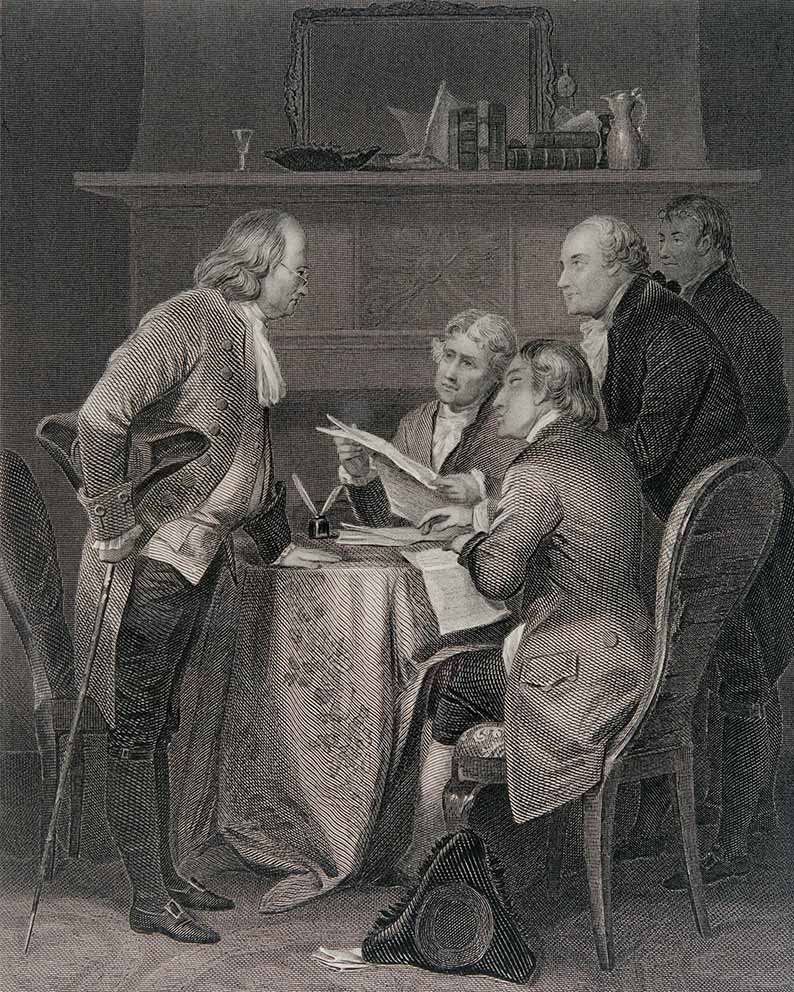







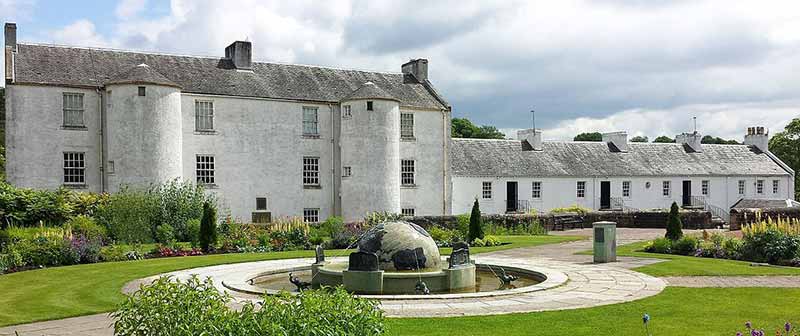






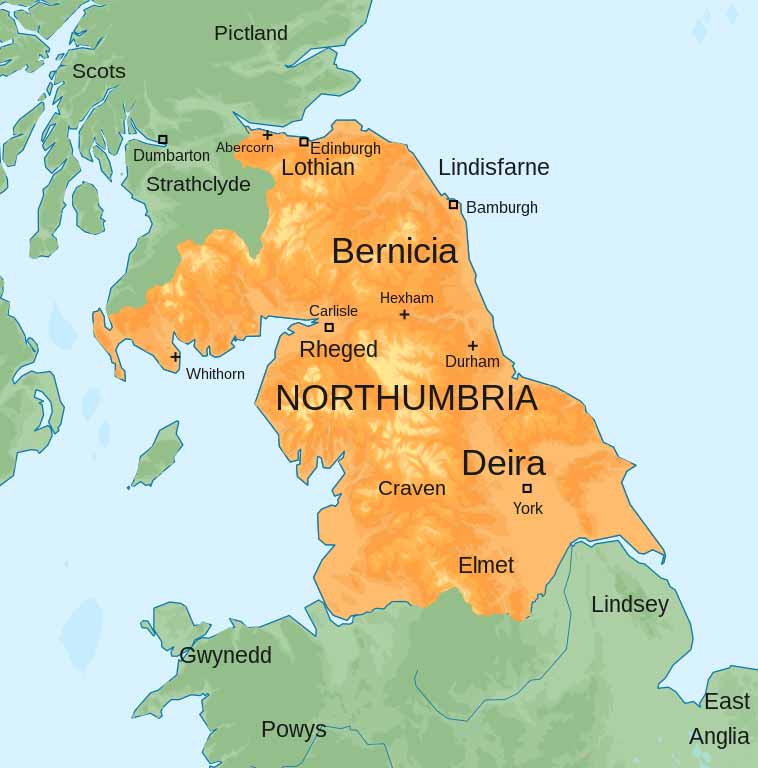
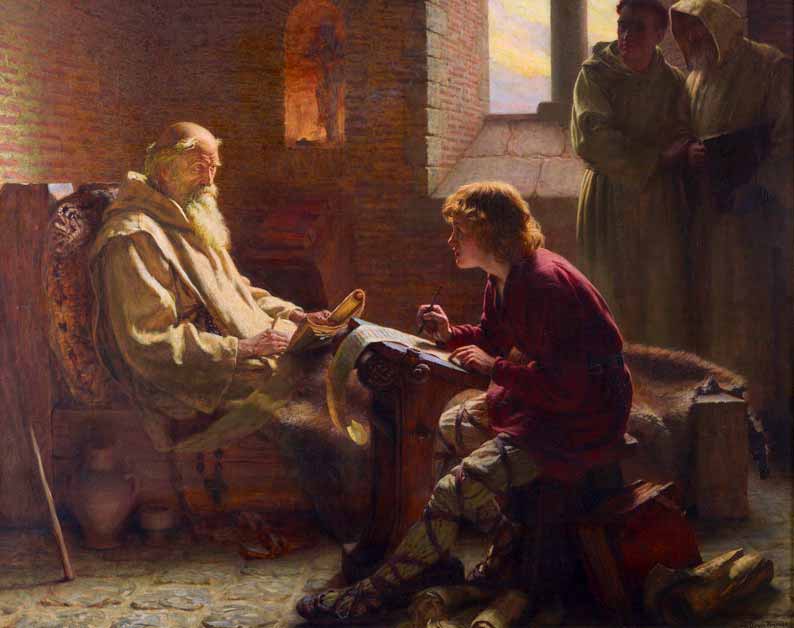
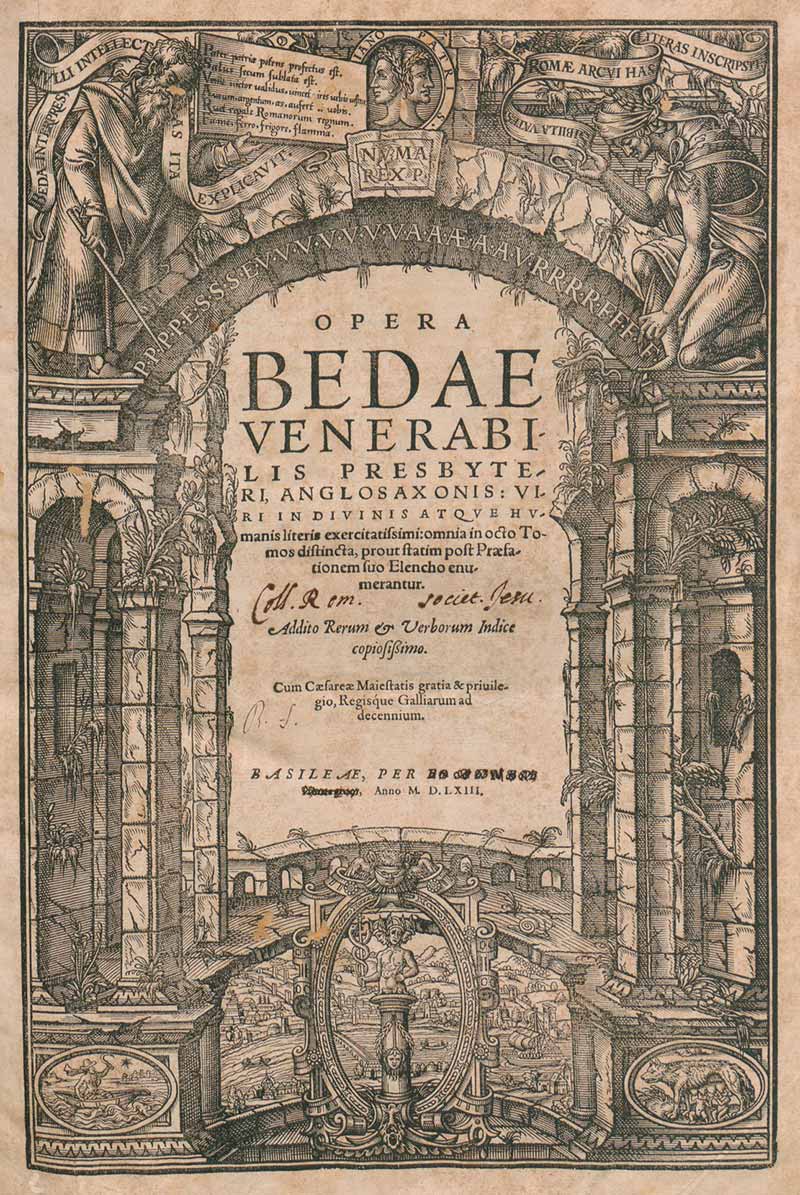
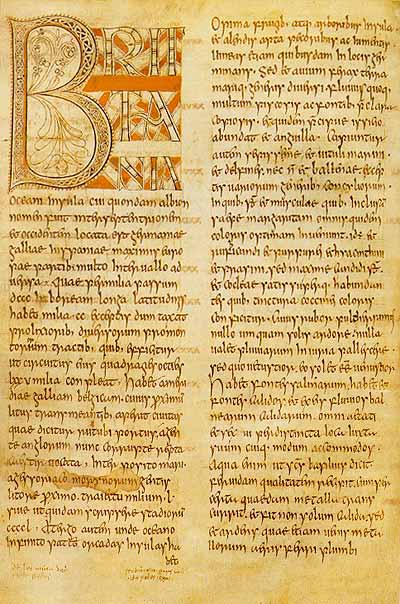
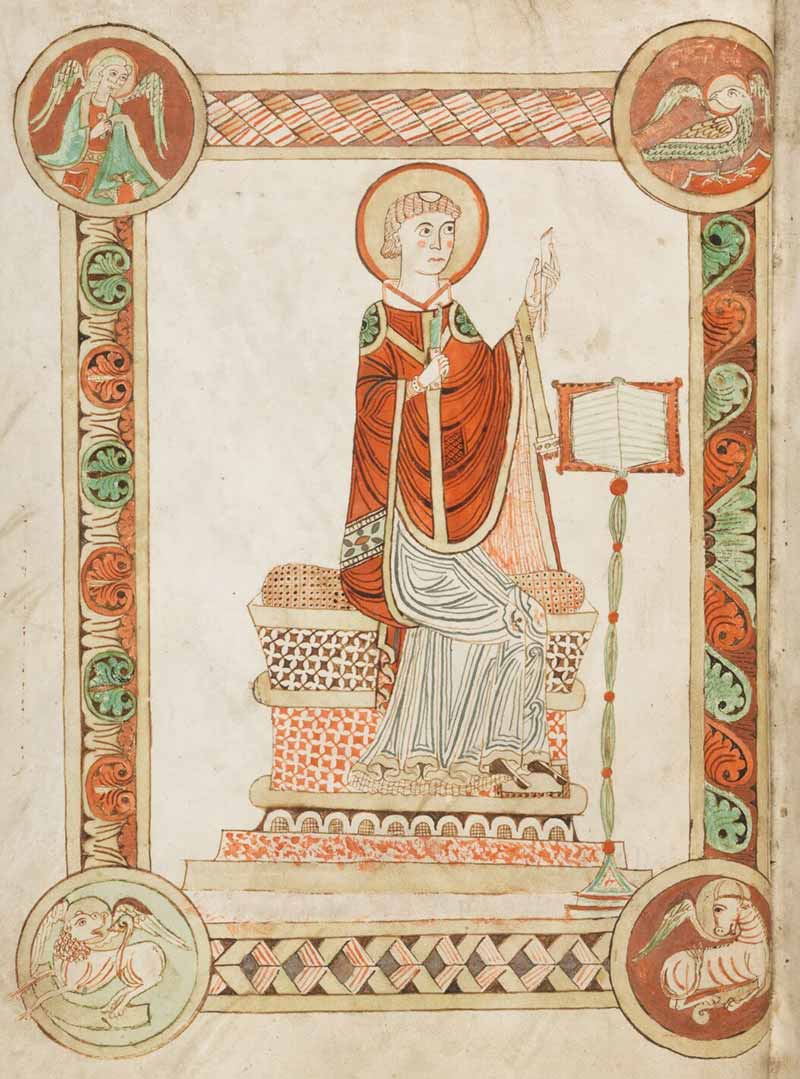
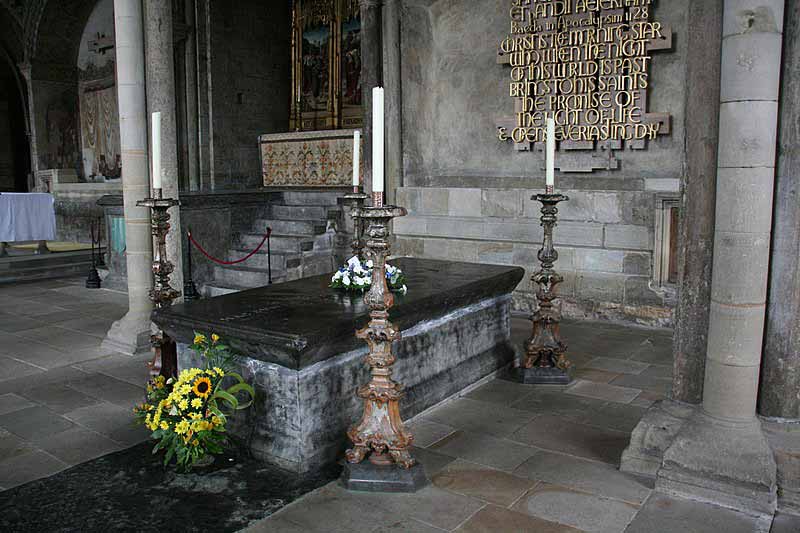
 n this day in 1789, William Wilberforce rose to his feet in the House of Commons and began what would become his lifelong crusade to abolish the slave trade. An ambitious and gifted young orator, he had spent his first few years in Parliament arguing for peace with the revolting American colonies. After the ascension of his close friend, William Pitt, to the post of Prime Minister, both young men became the nexus of policy for Great Britain in the coming years. Elevated to such a position, Wilberforce’s philanthropist reputation and recent conversion to Christianity made him a prime choice for recruitment by the abolitionist movement.
n this day in 1789, William Wilberforce rose to his feet in the House of Commons and began what would become his lifelong crusade to abolish the slave trade. An ambitious and gifted young orator, he had spent his first few years in Parliament arguing for peace with the revolting American colonies. After the ascension of his close friend, William Pitt, to the post of Prime Minister, both young men became the nexus of policy for Great Britain in the coming years. Elevated to such a position, Wilberforce’s philanthropist reputation and recent conversion to Christianity made him a prime choice for recruitment by the abolitionist movement.




